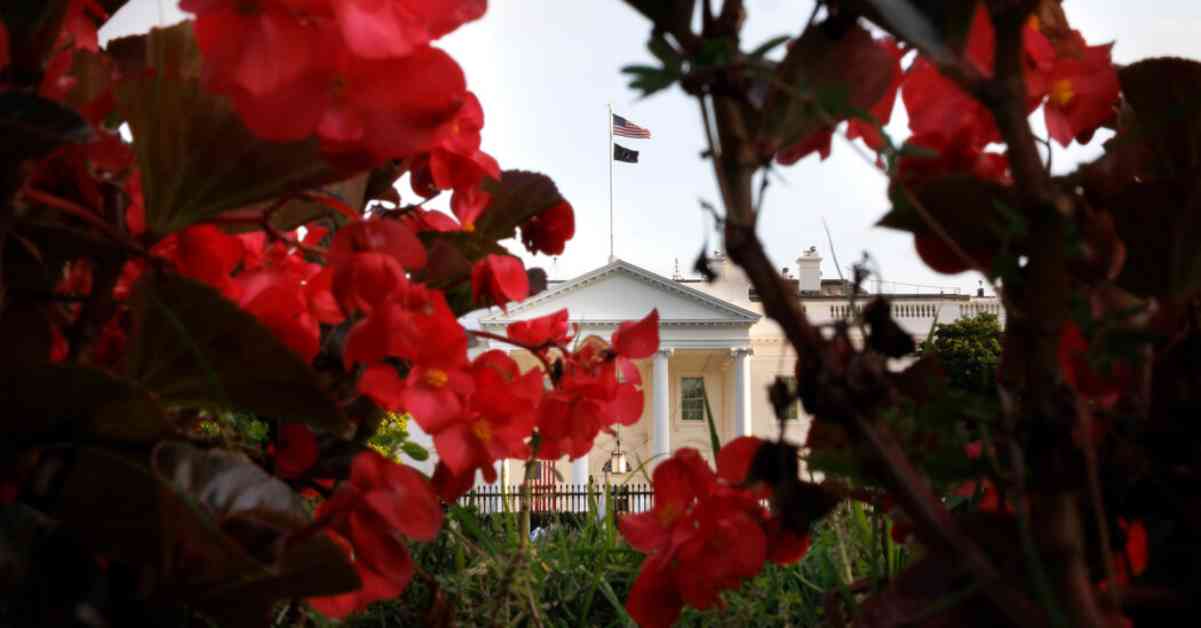President-elect Donald J. Trump’s team has decided not to sign a transition agreement with the General Services Administration. Despite their promises to follow transparency customs during presidential handovers, they are not legally obligated to fulfill these promises. Presidential transitions typically involve laws and norms that allow the outgoing administration to provide nonpublic information to incoming officials and fund transition operations.
Trump’s transition team has opted out of the $7.2 million in government funds that the G.S.A. would have offered. They have stated that they will disclose the names of their donors and refuse donations from foreigners. However, it is unclear when these donor names will be made public or if the donation amounts will also be revealed. In past transitions, donations exceeding $5,000 had to be disclosed within 30 days of the inauguration, a cap that Trump’s team has not committed to.
The refusal to sign an agreement with the Justice Department has prevented the F.B.I. from conducting security checks on transition staff. This lack of clearances means that Biden administration officials cannot share classified information with many members of the transition team. Trump’s ethics plan for the transition staff has also raised concerns as it may not fully address potential conflicts of interest as required by the Presidential Transition Act.
While the Trump team has signed an agreement with the White House for formal briefings led by outgoing administration members, there are still uncertainties surrounding the transparency of the transition process. The team’s decision to rely on private funding alone has been justified as a cost-saving measure, but questions remain about the timing of donor disclosures and compliance with transition rules.
In comparison to Trump’s 2016 transition, where he signed an agreement with the G.S.A. and disclosed funds raised and reimbursements received, the current transition appears to be operating under different conditions. The lack of clarity on donor transparency, security clearances, and conflict of interest safeguards has raised concerns about the integrity of the transition process.
It is essential for the incoming administration to address these issues promptly to ensure a smooth and transparent transfer of power. The willingness to adhere to established norms and laws governing presidential transitions is crucial for upholding the integrity of the democratic process. Clear communication and accountability will be key in building public trust and confidence in the transition process.

